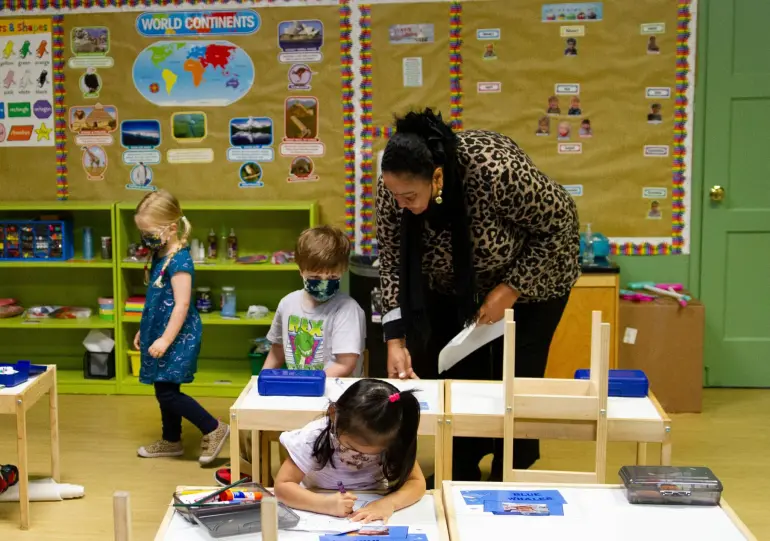
Daycare Caregivers Must Understand Children's Development
Casal dels Infants – Daycare caregivers will be the focus of new regulations being developed by the Ministry of Primary and Secondary Education (Kemendikdasmen). These regulations aim to improve the quality of childcare in non-formal education institutions, including Playgroups (KB) and Childcare Centers (TPA). With these new rules, caregivers are expected to gain a better understanding of child development, enabling them to provide better stimulation and guidance.
Child psychologist Farida Aini believes this government initiative is highly appropriate. According to her, the ages of 0-5 years represent the most critical period in a child’s development. “During this phase, a child’s brain develops up to 80 percent. This period is known as the child’s golden age, which significantly determines their abilities in the future,” said Farida.
“Continue Reading: Stanford Expert, The Secret to Raising Smart and Successful Kids”
She emphasized that caregivers in daycare and playgroups should not only be responsible for supervising children but also actively contribute to their development. One crucial aspect to nurture is children’s motor skills. “Motor development is fundamental as it serves as the foundation that will influence an individual’s ability to learn and think in the future,” she explained.
Previously, the Minister of Primary and Secondary Education, Abdul Mu’ti, stated that these regulations would cover various aspects of Early Childhood Education (PAUD), including Playgroups, Kindergartens (TK), and Childcare Centers (TPA).
“There have been cases where childcare institutions faced problems due to the absence of strict regulations,” said Mu’ti. He added that one of the main objectives of these regulations is to ensure that daycare caregivers have adequate knowledge in handling children. This includes understanding their psychology and motor development. “We want daycare workers to understand how children’s psychology develops and how to optimize their motor skills,” Mu’ti explained.
Currently, many daycare caregivers have limited skills. Most of them only provide supervision without a deep understanding of child development. “With these regulations, we want to ensure that caregivers do more than just accompany children or perform basic nursery tasks. They should also actively contribute to children’s optimal growth and development,” Mu’ti emphasized.
The new regulations are expected to raise childcare standards in daycare centers. They aim to ensure that every child receives the appropriate stimulation during their critical developmental years. As a result, early childhood education can be more effective and provide long-term benefits for children’s future development.
“Read More: Kitchen Sponge, A Comfortable Home for Bacteria”
